detail profile john akomfrah
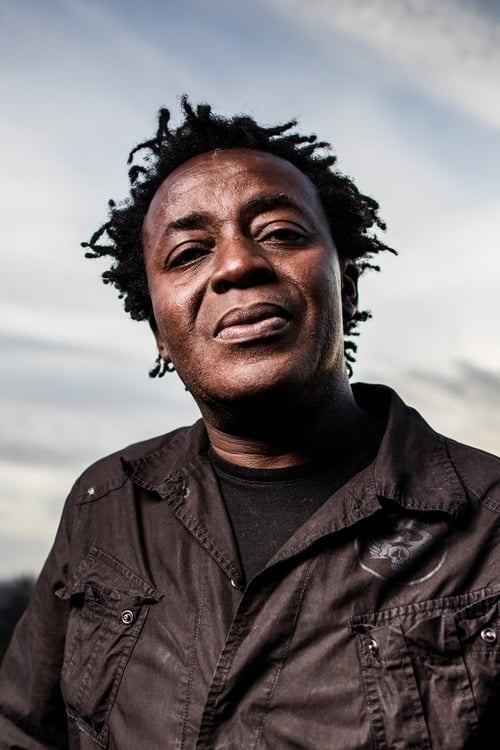
Riwayat Hidup
John Akomfrah, CBE (born 4 May 1957) is a British artist, writer, film director, screenwriter, theorist and curator of Ghanaian descent, whose "commitment to a radicalism both of politics and of cinematic form finds expression in all his films".
Info Pribadi
Peran Yang Di Mainkan John Akomfrah
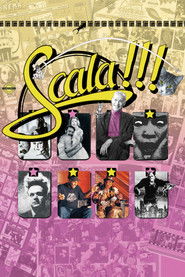 This featurelength big screen documentary tells...
This featurelength big screen documentary tells...Scala!!! 2024
This feature-length big screen documentary tells the riotous inside story of the infamous sex, drugs and rock 'n' roll repertory cinema which inspired a generation during Britain's turbulent Thatcher years.
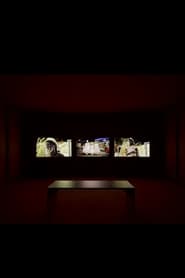 Triptych 2020 is a homage to the...
Triptych 2020 is a homage to the...Triptych 2021
Triptych (2020) is a homage to the the radical, political album, ‘We Insist!’ (1960) by the jazz musician Max Roach – the ideas of which prefigured the themes that became the Civil Rights and anti-apartheid movements. The catalyst for this film was the broadcasted portraits of figures such as Breonna Taylor and George Floyd, and the evident incongruity between the beguiling ordinariness of the images that represented them with the violent end we know they endured. Through a rare focus on portraiture, Akomfrah seeks to express the diversity of Black characters, characteristics and characterisations that should form the bedrock of any de-colonial or anti-racist future.
 Made for the Venice Film Festivals 70...
Made for the Venice Film Festivals 70...Venice 70: Future Reloaded 2013
Made for the Venice Film Festival's 70th anniversary, seventy filmmakers made a short film between 60 and 90 seconds long on their interpretation of the future of cinema.
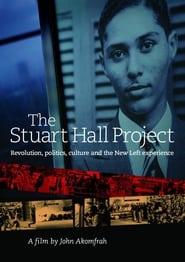 A persons culture is something that...
A persons culture is something that...The Stuart Hall Project 2013
A person’s culture is something that is often described as fixed or defined and rooted in a particular region, nation, or state. Stuart Hall, one of the most preeminent intellectuals on the Left in Britain, updates this definition as he eloquently theorizes that cultural identity is fluid—always morphing and stretching toward possibility but also constantly experiencing nostalgia for a past that can never be revisited.
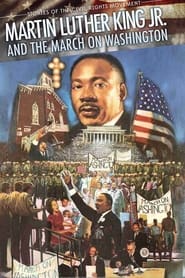 Documentary commemorating the 50th anniversary of...
Documentary commemorating the 50th anniversary of...Martin Luther King and the March on Washington 2013
Documentary commemorating the 50th anniversary of Martin Luther King's March on Washington, a pivotal moment in the Civil Rights Movement in the United States. The film tells the story of how the march for jobs and freedom began, speaking to the people who organised and participated in it. Using rarely seen archive footage the film reveals the background stories surrounding the build up to the march as well as the fierce opposition it faced from the JFK administration, J Edgar Hoover's FBI and widespread claims that it would incite racial violence, chaos and disturbance. The film follows the unfolding drama as the march reaches its ultimate triumphs, gaining acceptance from the state, successfully raising funds and in the end, organised and executed peacefully.
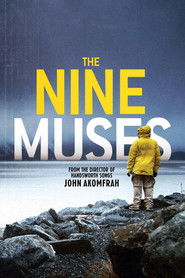 Part documentary part personal essay this...
Part documentary part personal essay this...The Nine Muses 2010
Part documentary, part personal essay, this experimental film combines archive imagery with the striking wintry landscapes of Alaska to tell the story of immigrant experience coming into the UK from 1960 onwards.
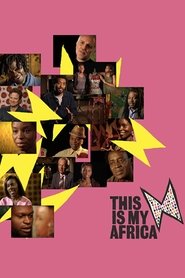 Interviewees discuss the memories tastes and...
Interviewees discuss the memories tastes and...This Is My Africa 2008
Interviewees discuss the memories, tastes and experiences that they associate with Africa for a personal vision of the continent.
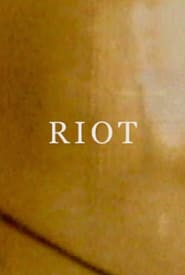 John Akomfrahs seminal Riot traces the...
John Akomfrahs seminal Riot traces the...Riot 1999
John Akomfrah’s seminal Riot traces the riots in Liverpool during July 1981 in a climate of economic recession under Thatcher’s regime. Akomfrah captures this turning point in Britain’s struggle towards multicultural democracy through interviews revealing the ghettoisation and racial abuse in Toxteth that escalated with stop-and-search policing tactics following the “sus” laws.
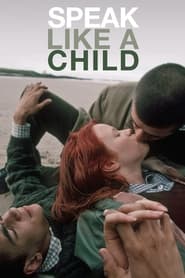 Speak Like a Child the feature...
Speak Like a Child the feature...Speak Like a Child 1998
Speak Like a Child, the feature film debut of documentary director John Akomfrah, explores the intense friendship that evolves between three troubled teenagers growing up in an isolated children's home on the Northumbrian coast. The desolate beauty of the coastline is captured in stunning panoramas, while strong performances by the young cast help to create a lyrical and poignant drama.
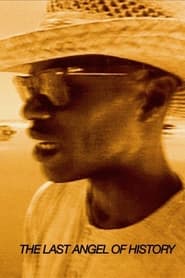 An examination of the hitherto unexplored...
An examination of the hitherto unexplored...The Last Angel of History 1996
An examination of the hitherto unexplored relationships between Pan-African culture, science fiction, intergalactic travel, and rapidly progressing computer technology.
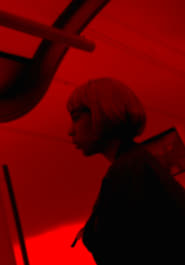 The subject matter of Memory Room 451...
The subject matter of Memory Room 451...Memory Room 451 1996
The subject matter of Memory Room 451 is the cultural and historical significance of 20th-century hairstyles – the Afro, the conk, dreadlocks – in Black communities on both sides of the Atlantic. Akomfrah has disguised this exploration as a science fiction story – in the manner of the groundbreaking writers profiled in The Last Angel of History – while providing a bravura display of the aesthetics of video art in the 1990s. The tale of visitors from the future who gather dreams from unwitting subjects in order to construct a history of the Black diaspora both defamiliarizes Akomfrah’s ongoing project and points to the danger that extracting history from memory can be a kind of expropriation.
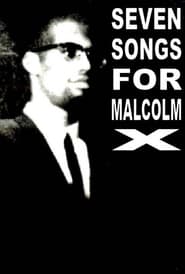 The Black Audio Film Collectives seventh...
The Black Audio Film Collectives seventh...Seven Songs for Malcolm X 1993
The Black Audio Film Collective’s seventh film envisioned the death and life of the African American revolutionary as a seven part study in iconography as narrated by novelist Toni Cade Bambara and actor Giancarlo Espesito. The stylized tableaux vivants that memorialise Malcolm’s life referenced the early 20th century funeral photography of James Van der Zee’s The Harlem Book of the Dead and the elemental static cinematography of Sergei Paradjanov’s The Colour of Pomegranates.
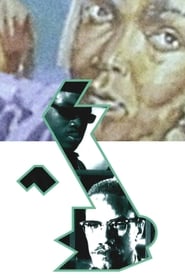 The tumultuous life of the controversial 1960...
The tumultuous life of the controversial 1960...Who Needs a Heart 1991
The tumultuous life of the controversial 1960s black revolutionary (and convicted murderer) Michael X is illustrated by a kaleidoscopic melding of sound and images. The radically discordant free jazz soundtrack provides a surreal counterpoint to the mix of newsreel and staged footage in this exhilarating experiment in documentary storytelling.
 Short documentary about Pakistani musician Nusrat...
Short documentary about Pakistani musician Nusrat...Utterance: The Music of Nusrat Fateh Ali Khan 1990
Short documentary about Pakistani musician, Nusrat Fateh Ali Khan (1948-1997), leading exponent of Sufi devotional qawwali singing.
 The Black Audio Film Collectives acclaimed...
The Black Audio Film Collectives acclaimed...Handsworth Songs 1986
The Black Audio Film Collective’s acclaimed essay film, 'Handsworth Songs', examines the 1985 race riots in Handsworth and London. Interweaving archival photographs, newsreel clips, and home movie footage, the film is both an exploration of documentary aesthetics and a broad meditation social and cultural oppression through Britain’s intertwined narratives of racism and economic decline.
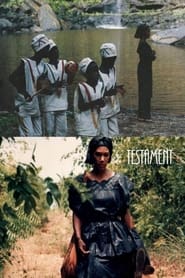 Focuses on the Kwame Nkrumah era...
Focuses on the Kwame Nkrumah era...